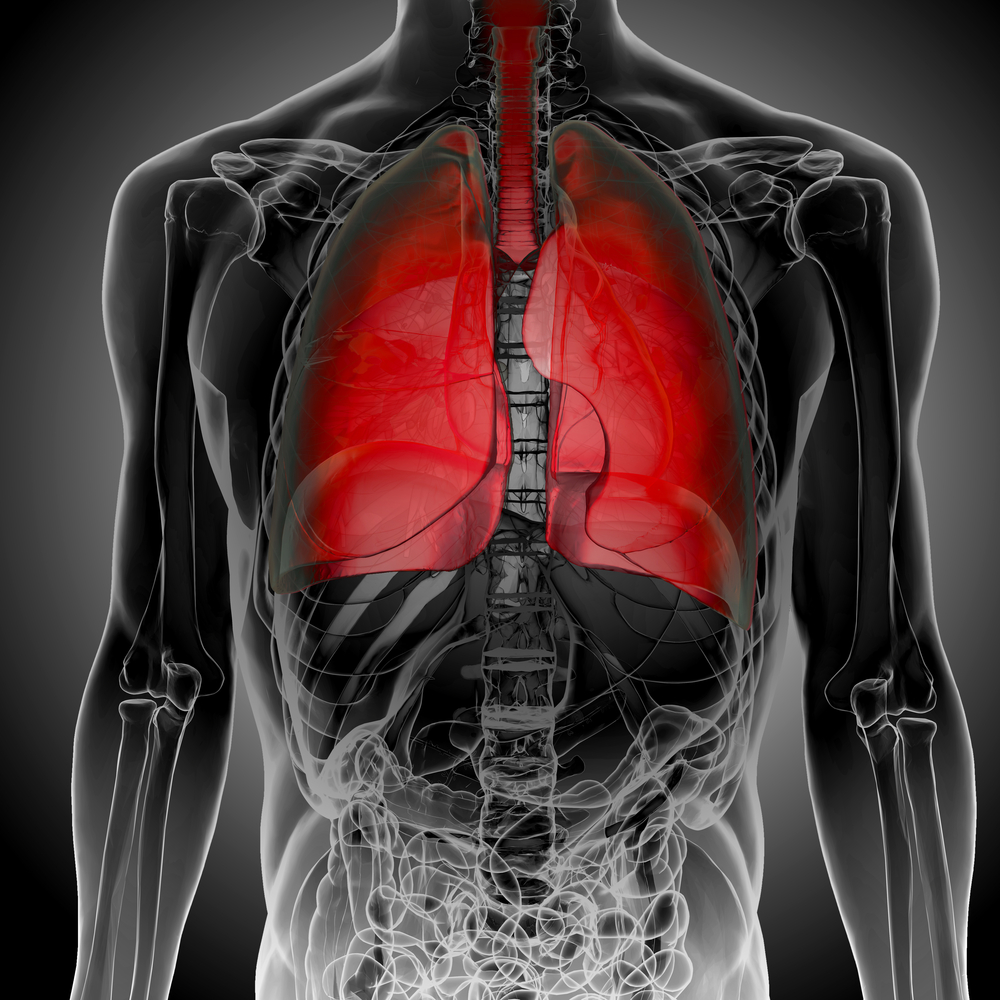Galapagos Reports Positive Results For Phase 1 Trial of PF Therapy

 Galapagos NV recently announced that GLPG1690, its molecule to address pulmonary diseases such as pulmonary fibrosis, has demonstrated target engagement and a very good safety profile, with Phase 1 results showing favorable drug properties. Galapagos is now advancing GLPG1690 with partner Janssen Pharmaceutica NV.
Galapagos NV recently announced that GLPG1690, its molecule to address pulmonary diseases such as pulmonary fibrosis, has demonstrated target engagement and a very good safety profile, with Phase 1 results showing favorable drug properties. Galapagos is now advancing GLPG1690 with partner Janssen Pharmaceutica NV.
Pulmonary fibrosis is a respiratory disease characterized by the formation of scars in the tissue of the lungs which causes serious breathing problems. Scar formation and the accumulation of too much connective tissue is called fibrosis and results in shortness of breath.
The goal of the Phase 1 study was to assess the tolerability, safety, pharmacodynamics and pharmacokinetics of oral single and multiple ascending doses of GLPG1690. The double-blind, randomized, placebo-controlled and single center study enrolled 40 healthy volunteers and was conducted in Belgium. The first half of the study was focused on evaluating single ascending doses, and in the second half the compound was administrated every day during 14 days.
GLPG1690 was well-tolerated and safe over a wide dose range in the healthy volunteers that enrolled the study. Through an appropriated biomarker, the engagement with the new target, until now unclear to the researchers, was confirmed. GLPG1690 showed a positive pharmacodynamic and pharmacokinetic profile. The positive outcomes of the Phase 1 also support Galapagos’ plans to explore a Phase 2 study concerning pulmonary diseases.
[adrotate group=”4″]
“GLPG1690 is the first molecule against this target ever to be evaluated clinically, and we are pleased with the outcome of the Phase 1 study. Galapagos continues to deliver novel therapeutics from its unique target and drug discovery engine,” said Dr. Piet Wigerinck, Galapagos’ CSO.
An agreement between Galapagos and Janssen Pharmaceutica NV announced in 2007 supports the option to worldwide, commercial licenses to specific Galapagos internal inflammatory disease programs that might address pulmonary fibrosis. These programs are built on new targets for inflammatory conditions that were identified and validated by Galapagos through the use of its own proprietary target discovery engine. Galapagos research projects led to the discovery of GLPG1690, and the firm was responsible for the execution of the GLPG1690 Phase 1 study and will manage the Phase 2A studies as well.







